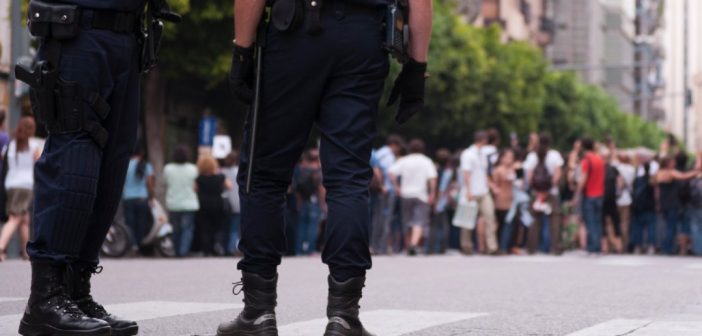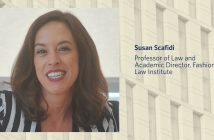Brandon Ruben ’16 discusses police accountability reform and diversifying public safety services in an op-ed published in Brookings.
In the wake of officer-involved deaths or injuries, outrage and demands for more police accountability often follow. Usefully, some officers now wear body cameras. Additionally, in response to 2020’s historic protests against policy brutality, legislatures are working to pass reasonable laws making it easier to sue and fire “bad apple” officers. Such accountability reforms, however, have not and will not end the epidemic of unnecessary police use of force. Why? Because the job of police is to forcibly intervene, but forcible intervention is unnecessary in the majority of cases to which police respond. In other words, police officers—no matter how accountable or well-meaning—are simply not the appropriate public safety personnel to assist the majority of citizens they serve.
Fortunately, there is an achievable solution: diversify public safety services. Healthcare institutions, for example, assign cardiologists and oncologists to treat citizens with heart problems and cancers, respectively. Similarly, we should create tailored public safety services that would, for instance, dispatch a counselor to assist the family of an intellectually disabled child in crisis, or a community caretaker to aid restaurant workers in ushering a sleeping person off the premises. If such services existed, Linden Cameron, an autistic adolescent, may have been soothed, not shot; and his mom, who called 911 desiring de-escalation, may have felt supported, not shattered. Likewise, Rayshard Brooks may have been kindly prompted to leave Wendy’s, not killed; and the Wendy’s worker, who called 911 desiring peaceable assistance, may have felt helped, not heartbroken. Moreover, the officers involved would not have the traumatic experiences, associated with severe psychological harm, of maiming Linden or killing Rayshard.



